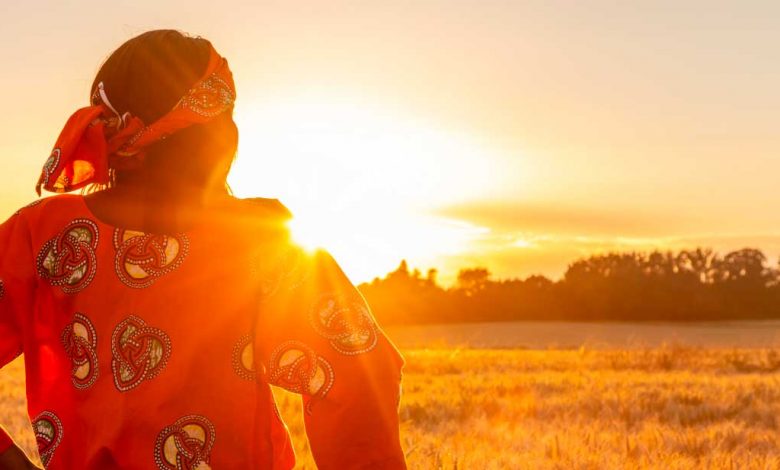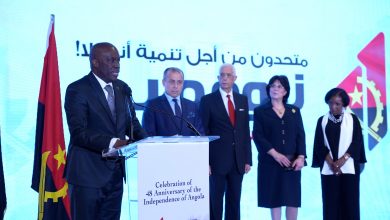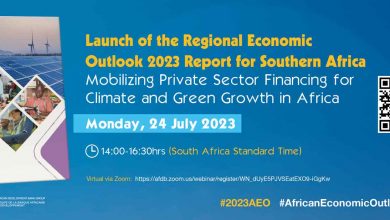Liberia: African Development Bank Group Approves $5.12 Million Funding for Emergency Food Production Program | African Development Bank

Diplomat.Today
The African Development Bank
2022-11-24 00:00:00
——————————————-
The Board of Directors of the African Development Bank Group has approved funding for the Emergency Food Production Program in Liberia. This paves the way for the government to support farmers in increasing climate-resilient food production and mitigating the effects of the ongoing war in Ukraine.
The funding includes a $2.28 million grant and a $2.84 million loan from the Bank Group’s Transition Support Facility.
Agriculture is an important part of Liberia’s economy. It contributes about 26% to GDP. The country’s major crops are rubber, rice, cassava, bananas and palm oil, with cassava and rice being the major staple food crops.
However, overall agricultural productivity is low. This is due to factors such as weak basic infrastructure, including farm equipment, and inadequate roads from farm to market. There is also limited use of fertilizers and pesticides, and insufficient storage capacity for food. The civil strife the country endured between 1989 and 2003 and the Ebola outbreak of 2014-2015 added to the challenges.
Nearly 50% of Liberia’s population is considered food insecure, and childhood malnutrition is persistent. Currently, 35% of children under the age of 5 are stunted and 15% of these children are underweight.
The food production program in Liberia is part of sector budget support under the African Emergency Food Production Facility (AEFPF) of the African Development Bank. This facility is designed to increase climate-resilient food production for African farmers in the wake of global shocks such as the war in Ukraine and rising fuel and fertilizer prices.
The African Emergency Food Production Facility will provide 20 million African small farmers with certified seeds. It will increase access to agricultural fertilizers and enable them to quickly produce 38 million tons of food – a $12 billion increase in food production in just two years.
The Liberia program, which will run from 2022 to 2024, allows the government to provide direct smart subsidies (which create incentives for private sector investment in the input market without distorting the market) to vulnerable farmers. The funding also enables the government to facilitate farmers’ access to improved seeds and fertilizers.
“We welcome this timely and long-awaited approval, which will improve food and nutrition security in Liberia and regulation for climate-smart agriculture,” said Benedict Kanu, country manager for the African Development Bank for Liberia. He added: “Since healthy Liberians are perhaps the greatest asset the country can have, almost no other priority could be more pressing than addressing food insecurity to safeguard Liberians’ caloric and nutritional needs and support their human development. to protect.”
The African Emergency Food Production Facility has already helped 26 countries in Africa through 26 programs worth $1.257 billion.
——————————————-



